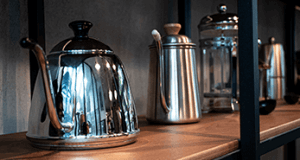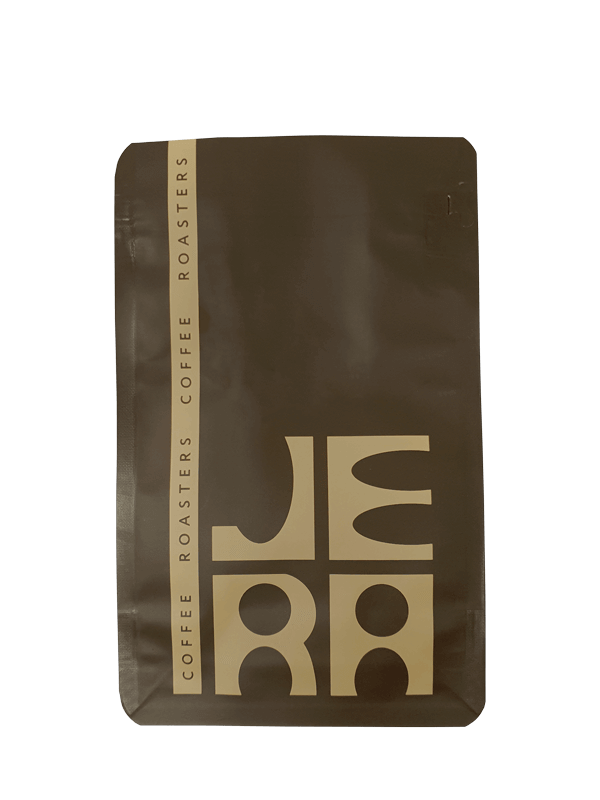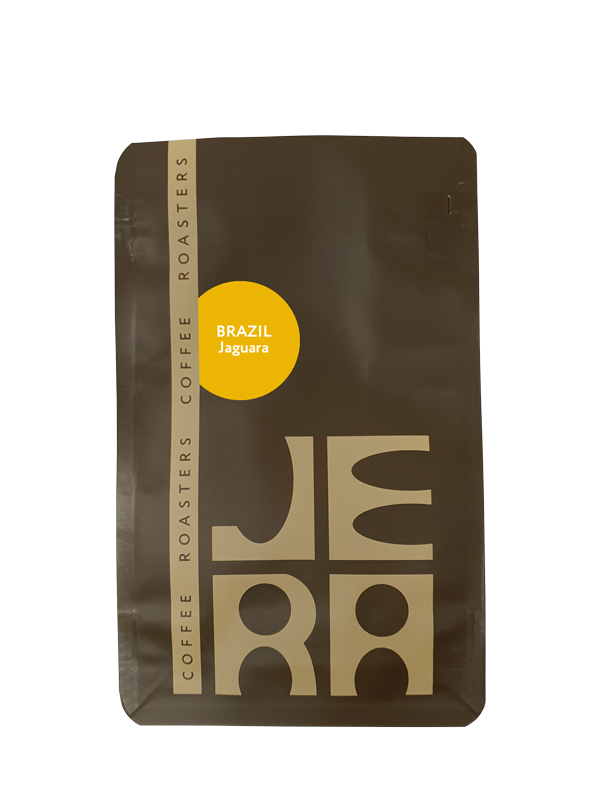קפה ברזילאי | Minas Gerais
קפה ברזילאי ייחודי
נקי, עדין, מתוק ופירותי. מצוין להכנת אספרסו, מקינטה, קפה שחור או משקאות בסיס חלב.
₪45.00 – ₪180.00
About the region
This is one of the main coffee-producing regions in Brazil. The climate and soil are the two main factors that contribute to the production of specialty coffees in the center of the country. The main characteristics of the landscape are mountainous terrain, altitudes from 950 to 1370 masl, and stable temperatures (22 to 24°C). The infrastructure and the variated production systems as well as the tradition and sustainability-oriented work, make Sul de Minas a leading coffee producer region
Producer history
Fazenda Fortaleza dos Borges is located in the south of Minas, at 1000 masl and counts with more than 21 bushels of preserved Atlantic Forest. The farm is owned by the Borges family, which has always been focused on specialty coffee production. Patricia's grandfather was a pioneer in coffee production, bringing seedlings from a neighboring town in the ox cart. Her father worked to increase the planting area and after he passed, he left a cultivated field for each son
Patricia moved to Itajubá to start her studies in Chemical Engineering in 1978. 9 years after, she got married and then divorced, which made her take the decision to move back to São Gonçalo in 1996. After receiving her father's inheritance, Patricia started her activities in coffee. In Patricia's words, "It was very difficult at first, but I learned a lot. Today I know that my product is excellent and that's why I look for buyers who value my coffee"
Nowadays, she is entirely focused on high quality coffees. The property is linked to IWCA Mantiqueira, International Alliance of Coffee Women, AMECAFE Mantiqueira – Association of Women Entrepreneurs of Coffee, and APAS – Association of Producers of Alto da Serra, which in March received the Fairtrade certificate provided by FLO – Fairtrade Labeling Organizations. This seal strengthens social responsibility and supports fair and sustainable trade for small and medium- sized local producers
Patricia bought a part of her brother's land, this is where the headquarters are located and where the structure her father built remains. Together with her current partner, the farm has undergone some reforms and some structural changes to improve the quality of the coffees. Now, new reforms are going on on the farm but this time Patricia defines it as a "sentimental reform" since she is currently working with three brothers and, as she says, since today I am working with three brothers and this union is bringing a surprising result and makes my heart very happy
Patricia is also grateful for collaborating with other producers through different associations. She highlights that teaming up and collaborating rather than competing with eachother helps her to improve and find new ways of producing coffee. The changes she implemented allow her to take better care of the soil, maintaining the vegetation and reducing the agrochemicals with the intention to transition to organic coffee production
As Patricia mentions, to produce special coffees greater care is needed during the harvest and post-harvest. The region of “Mantiqueira de Minas” is a privileged spot where the altitude on this farm stands also contributed to the great quality of these coffees. Fazenda Fortaleza has a long history and tradition, a legacy that goes hand in hand with the history of coffee production in Brazil. It is currently aligning itself with the third wave of coffee, investing in infrastructure and technology for the production of specialty coffees, valuing origin and producer
Harvest
Coffees are harvested once a year, usually from July to September while flowering occurs between October and December. Patricia does selective harvesting for greater quality of the coffees
Natural Processing
The cherries are processed as Natural coffees, this is where the whole cherries are dried. Normally this process gives you the perception of a sweeter coffee, this is because through fermentation microbes create compounds called esters that are absorbed by the seed. These esters survive the roasting process and are precursors to aromas that are created in the caramelization process of roasting, this makes the coffee seem sweeter












